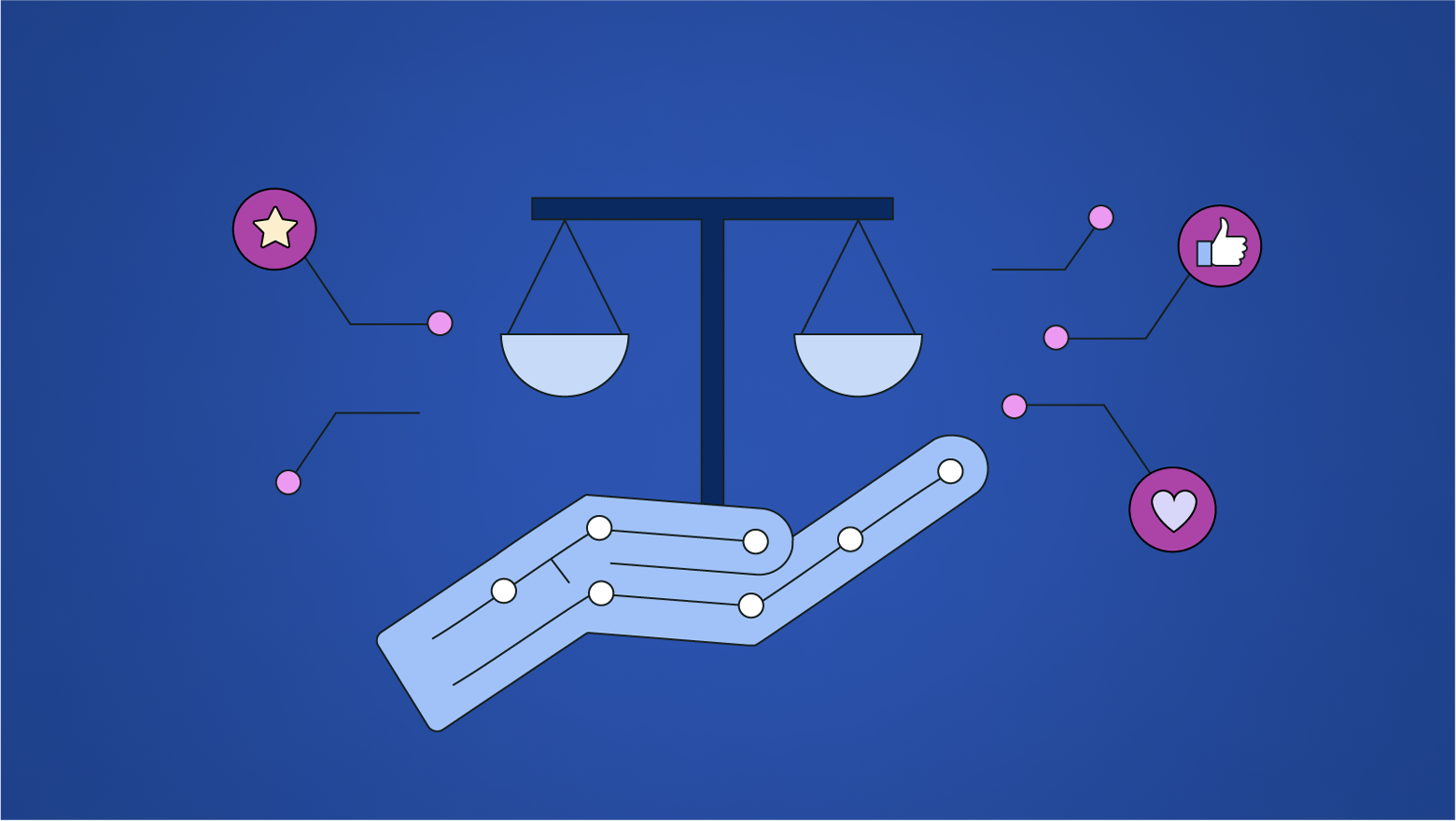Unveiling the Role of AI in Ethics Committees: A Technological Perspective
In the realm of ethics committees, which serve as the backbone for guiding contentious decisions across various fields, including medicine, research, and business, the incorporation of Artificial Intelligence (AI) is emerging as a pivotal tool for enhancing decision-making processes. Ethics, rooted in moral principles governing human behavior, are foundational to societal laws and agreements. Recently, AI’s ability to analyze complex data has positioned it as a potential asset for aiding in ethical decision-making.
The question at hand is whether AI can process and meaningfully analyze the data types that ethics committees often grapple with. Considering a hospital ethics committee, which relies on patient experiences, legal input, and societal norms, it’s challenging to envision an AI algorithm accommodating such nuanced information.
However, when it comes to research ethics committees (REC), tasked with safeguarding research participants’ rights and promoting high-quality research, AI’s role becomes significantly more apparent. RECs review extensive and intricate research documents to pinpoint ethical issues and suggest improvements to research protocols.
AI and Its Potential in Streamlining Ethics Review Processes
Research protocols, particularly those of clinical trials, can span hundreds of pages, brimming with complex information. Even with ethics application forms designed to streamline key issues, analyzing these documents is a daunting task. Here, AI could play a transformative role, rapidly identifying ethical concerns and providing solutions, thereby accelerating the ethics review process and fostering consistency.
While AI shows promise in conducting many aspects of REC tasks, it’s critical to differentiate between reviewing tasks and actual decision-making. Although AI might provide consistent recommendations based on past ethical behavior, the final call to action remains a fundamentally human decision.
The integration of AI into ethical decision-making processes must be handled with caution to avoid conflating the tool with the decision itself. The concern isn’t AI per se, but rather how it is utilized within the ethical framework. As non-text data encoding methods improve, AI’s potential to aid in various ethical decision-making areas is likely to expand.
Simon Kolstoe, Associate Professor of Bioethics at the University of Portsmouth, provides a scholarly perspective on this integration, underscoring the importance of maintaining a ‘human in the loop’ approach to ultimately ensure that decisions reflect the complex moral landscape they aim to navigate.
Responsibilities and Transparency in AI-Aided Decisions
As AI evolves, it is imperative for ethics committees to consider the implications of its use in their decision-making processes. The intricate synergy between AI’s analytical prowess and the human capacity for moral judgment could lead to more informed and balanced ethical decisions, provided that the tool is used responsibly and with transparency.
The impact of AI on ethical frameworks extends beyond efficiency; it has the potential to reshape our understanding of responsibility and accountability within decision-making bodies. The future of AI in ethics committees looks promising, with the caveat that its role remains well-defined and supplementary to human oversight.
